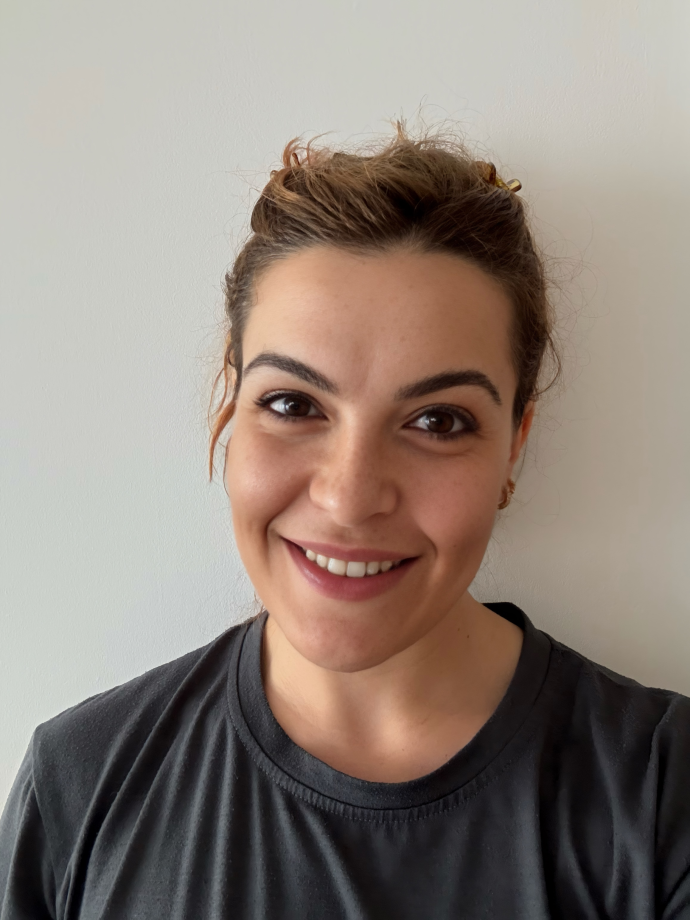This is Gabriella's Story.
Growing up in a traditional southern Italian family, I was always told that having heavy, painful periods was normal - even something to be proud of. So I accepted it. I remember sitting through school exams soaked in blood, humiliated but convinced that this was ‘just part of being a woman’.
Things only started to shift when I began studying nursing. A gynaecology lecturer clearly said, “Heavy periods are not normal.” That simple sentence cracked open a truth I had never allowed myself to believe. But accessing care wasn’t easy. Back home, the public health system was over-stretched and private care was too expensive. When I finally asked for help during a clinical placement, I was dismissed and shamed during my first ever gynaecological exam. I fainted from pain and fear—and was scolded for it. That moment stayed with me for over a decade.
After moving to the UK and working as a nurse, the pain returned—this time during sex. I saw six gynaecologists between 2018 and 2022, all of whom blamed fibroids or suggested psychological support. I knew something was wrong and finally pushed for a hospital referral. That’s when I was diagnosed with a rare uterine anomaly—ACUM (accessory cavitated uterine mass). I was relieved to have an answer, until I asked the consultant to check for endometriosis too. “I’m sure it’s not that,” he said. But it was.
Eventually, surgery followed and I was ultimately diagnosed with deep infiltrating endometriosis. But my pain got worse. It took eight months to be seen again, only to find that the endometriosis had already returned. I’ve since been diagnosed with vaginismus and/or vulvodynia as well. I’m still processing all of this, physically and emotionally.
I find myself constantly having to explain or justify my endometriosis, especially because it’s an invisible illness. People often think it’s “just bad periods”. Trying to explain this to people who haven’t lived it can feel draining. Sometimes I downplay it just to avoid the awkwardness or disbelief. It’s frustrating and isolating to feel like I have to prove I’m unwell when I’m pushing through pain just to appear “normal.”
Emotionally, I’ve struggled with feelings of guilt, frustration, and isolation. I’ve questioned myself constantly, “am I exaggerating?”, “am I just being difficult?”. It’s taken a toll on my mental wellbeing. Therapy and support groups have helped, but it’s a journey.
Endometriosis has affected every part of my life: my body, my confidence, my career, my relationships. It’s exhausting and invisible, and I often feel like I have to justify my pain to be believed. But if there’s one thing I’ve learned, it’s this: trust your body. Seek help. Do not be ashamed. We deserve to be heard, respected, and cared for - not dismissed or made to feel small. No one should have to fight this hard.
I’m sharing this because I believe that storytelling matters. Every workplace - every team - is made up of people carrying stories you may never know. By opening up, I hope to create space for others who may feel unseen, unheard, or unsupported in their own experiences.
For me, kindness, patience, and trust make a world of difference. A simple “How can I support you?” goes a long way. So does believing someone when they share their truth.


